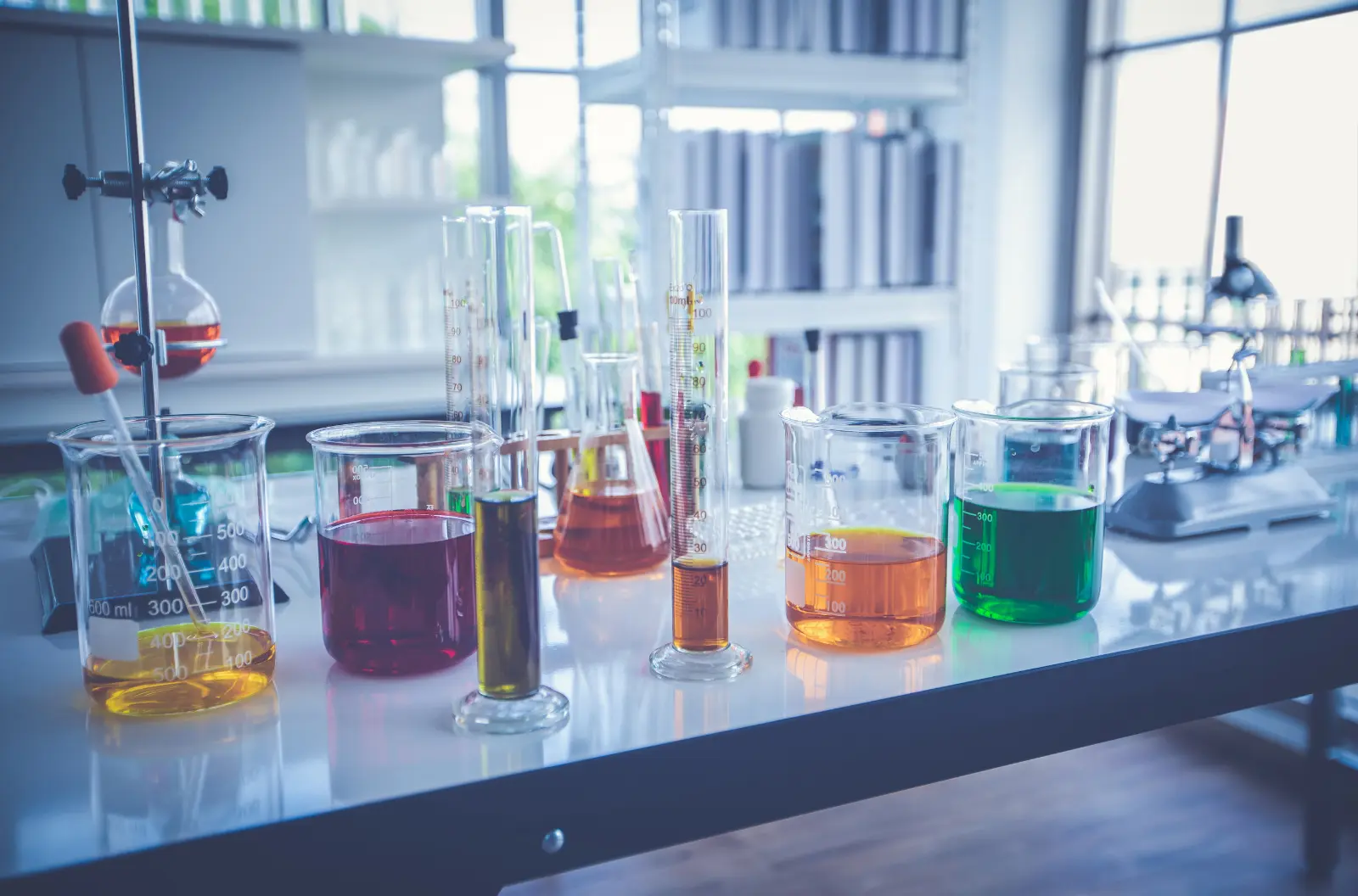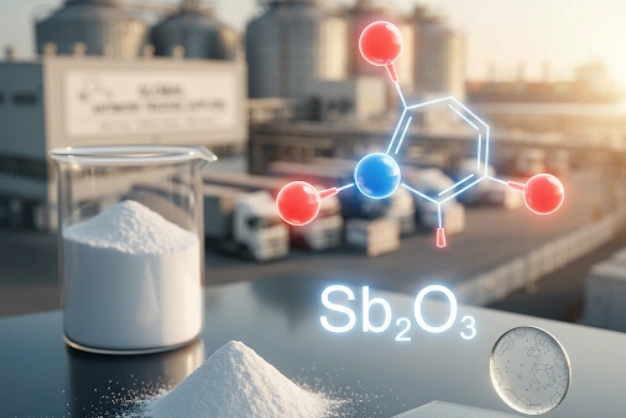Specialty chemicals, also known as effect chemicals, are chemical products that provide a wide range of effects on which many other industry sectors rely. These effects can include improving the performance of a product, providing a specific function, or ensuring compliance with regulatory standards. Specialty chemicals are characterized by their specific performance or function, which is critical to the products in which they are used.
Specialty chemicals play a crucial role in a multitude of industries, from agriculture and automotive to textiles and construction. They are essential in creating products that meet specific performance requirements, enhance durability, ensure safety, and provide aesthetic appeal. Their importance is underscored by their ability to solve complex challenges, enhance product innovation, and comply with stringent regulatory standards.
Specialty chemicals encompass a wide range of chemical products, each tailored to specific applications. Here are some of the primary categories:
Adhesives: Adhesives are used to bond materials together. They are essential in industries such as construction, automotive, and electronics, providing strong, durable bonds that can withstand various stresses.
Cosmetic Additives: Cosmetic additives are used in personal care products such as shampoos, lotions, and makeup. They enhance the product’s performance, texture, stability, and appearance.
Construction Chemicals: These include concrete admixtures, sealants, waterproofing agents, and other chemicals that enhance the properties of construction materials, ensuring durability and strength.
Flavors and Fragrances: These chemicals are used to add or enhance flavors and scents in food products, beverages, perfumes, and personal care products.
Paints and Coatings: These chemicals provide protective and decorative finishes to surfaces, enhancing their durability and aesthetic appeal.
Plastics and Polymers: Specialty chemicals used in plastics and polymers enhance the material’s properties, such as flexibility, strength, and resistance to chemicals and heat.
Specialty chemicals find applications in a wide range of industries, each requiring specific functionalities to meet their unique needs.
Specialty chemicals offer numerous benefits across various industries:
Enhanced Performance and Efficiency: Specialty chemicals are designed to meet specific performance requirements, ensuring optimal efficiency and effectiveness in their applications. They enhance the quality and functionality of the final product, meeting stringent industry standards.
Customization for Specific Applications: Specialty chemicals can be tailored to meet the unique needs of different industries and applications. This customization ensures that the chemicals provide the desired effects and functionalities, improving product performance.
Environmental Benefits and Sustainability: Many specialty chemicals are developed with a focus on sustainability and environmental protection. They help in reducing environmental impact, improving energy efficiency, and ensuring compliance with environmental regulations.
Despite their numerous benefits, the specialty chemicals industry faces several challenges:
Regulatory Challenges and Compliance: The specialty chemicals industry is subject to stringent regulatory standards and compliance requirements. Navigating these regulations can be complex and time-consuming, requiring significant investment in research and development to ensure compliance.
Market Competition and Economic Factors: The specialty chemicals market is highly competitive, with numerous players vying for market share. Economic factors such as fluctuations in raw material prices, trade policies, and global economic conditions can impact the industry’s profitability and growth.
Selecting the right specialty chemicals supplier is crucial for ensuring the quality and performance of your products. Here are some factors to consider:
Quality: Ensure that the supplier provides high-quality specialty chemicals that meet industry standards and regulatory requirements. Quality is critical in ensuring the performance and safety of the final product.
Reliability: Choose a supplier with a proven track record of reliability and consistency. Reliable suppliers ensure timely delivery and consistent quality, reducing the risk of disruptions in your operations.
Technical Support: Technical support is essential in addressing any issues or challenges that may arise during the use of specialty chemicals. Choose a supplier that offers comprehensive technical support and assistance.
RawSource is a trusted supplier of specialty chemicals, offering high-quality products, reliable service, and comprehensive technical support. With a focus on innovation, sustainability, and customer satisfaction, RawSource is committed to meeting the unique needs of its clients across various industries.
Specialty chemicals play a vital role in enhancing product performance, meeting regulatory requirements, and driving innovation across various industries. From beauty and personal care to oil and gas, construction, and agriculture, specialty chemicals are essential in ensuring the quality, safety, and sustainability of products. By choosing a reliable and experienced supplier like RawSource, you can ensure the success and growth of your business, leveraging the benefits of specialty chemicals to meet your unique needs and challenges.





